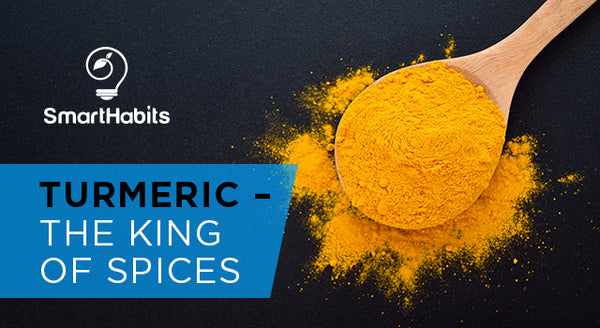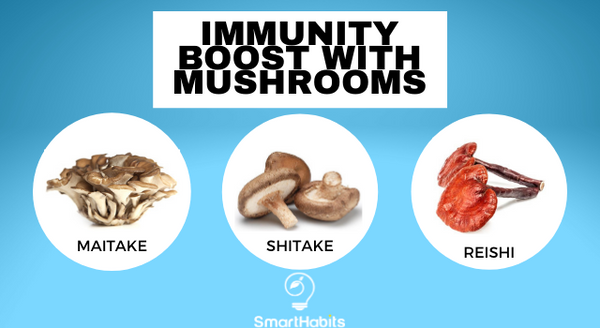With many opinions around supplementation it can be hard to know who to trust. There are likely millions of people whose lives have been transformed by this single step and others who don’t believe it could possibly offer any benefits. Expensive urine, they say. But who is right?
In this article I share my perspective, based on countless studies and research as well as more than a decade of clinical experience. And why, I believe, supplementation is crucial in today’s crazy world.
Let’s take a look…
Modern lives and a lack of nutrient rich foods
With a press to produce greater yields, cultivated varieties of vegetables, fruit and grains have changed over time. With this has come a trade-off between harvest abundance and nutrient content; as the former rose, the latter dropped.
In the study Changes in USDA food composition data for 43 garden crops, 1950 to 1999 the authors found a decline in the protein, calcium, iron, phosphorus, riboflavin (vitamin B₂) and ascorbic acid (vitamin C) found in garden crops. These nutrients are involved in a wide range of processes from muscle growth to bone remodeling, distributing oxygen around the body to nerve function, energy production and aiding the neutralization of toxins like preservatives and pollution. But this is only the beginning, there is far more to this story.
Poor eating habits
As life becomes busier and time poverty snowballs, processed produce and ready made meals have grown in popularity. With a whopping 37% of adult Americans reaching for fast food on any given day, these poor eating habits have had a negative effect on our health. With their higher calorie, fat and sodium content and lower nutrient value, we run into a double conundrum…
As our calories increase, we add extra fat to our bones. Fast foods, unsurprisingly, have a robust link to weight gain and the dangerous problem of insulin resistance (IR). With IR underscoring conditions like Polycystic Ovary Syndrome (PCOS) and type 2 diabetes, we need to sit up and listen.
Yet this seemingly straight forward relationship has serious complications. See, nutrients like magnesium, chromium and omega 3 fats are required for healthy insulin sensitivity. As we gain muffin tops and bulging bellies, this additional fat increases the level of pro-inflammatory cytokines coursing through our blood. Cytokines can trigger further weight gain and harm our insulin sensitivity. What a vicious cycle!
Nutrients to the rescue!
Yet increasing our nutrient intake through healthy foods and supplementation can quell these dangerous changes and restore healthy insulin and other functions.
The pigment anthocyanin, for example, is found in bilberry and black current. It’s what gives these foods their gorgeous blue hue. This humble constituent has been shown to improve insulin resistance and help achieve balanced cholesterol levels. Blueberry powder can improve insulin sensitivity. Black soybeans reduce fat accumulation. Strawberries lower inflammation after eating.
The seriousness of stress
Sharing some scary stats, a Gallup poll revealed that an astounding 8 in 10 Americans are afflicted by stress. Forty-one percent of citizens say they lack time and 80% report feeling frequently or sometimes tense. As stress becomes chronic the thinking and emotion centers of the brain change to reflect the neurological appearance of the depressed. Low-grade inflammation ramps up the possibility of future illnesses like cancer, diabetes and heart disease. Our immune function can take a pounding. Stress is serious stuff!
Like running a long distance race, long-term stress consumes more nutrients than if we were ambling along unworried. Unlike a marathon, though, this form of unabated strain rarely comes with a finish line. The increased need for nutrients simply continues… even when stores become depleted.
High-quality food and supplementation can restore our nutrient stockpiles, and can do more than this alone. It can act also as potent therapy.
Nutrients: The key to boosting relaxation, naturally
The good news is that nutrients are wonderfully therapeutic and able to turn our stress (sympathetic) system down.
One of my favorite supplements is magnesium. In the natural health world this incredible mineral is known as ‘the great relaxer’. Many of my colleagues and I have found that supplementing with this nutrient can relax a patient’s tight muscles and wound-up mind, ease headache and constipation, calm period pain and boost energy. In Dr. Qais Faryadi’s article The Magnificent Effect of Magnesium to Human Health: A Critical Review he discusses magnesium’s potential benefits for bone, heart, muscular, dental, emotional and mood health, too. This is one supplement I personally take on a daily basis.
Green tea to the rescue? A study in the journal Biological Psychology showed that L-Theanine, an amino acid found in green tea leaves, can reduce heart rate and stress.
Have you ever wondered if vitamin C can do more than speed recovery from a common cold? You might be onto something! 1500 mg of vitamin C has been shown to reduce the stress hormones cortisol and adrenaline in athletes post race. If you wonder why I recommend supplementation as opposed to food alone, this is a good example. The same amount of vitamin C would require the consumption of five guava’s, almost eight bell peppers or gorging on nine cups of strawberries. Now I love my strawberries but even I would struggle with that!
A powerful approach in the prevention and treatment of illness
Often we’re told that serious illness is merely genetic but this statement is as disempowering as it is untrue. Thanks to the study of epigenetics, what turns our genes on and off, we are beginning to better understand the incredible role that nutrition plays in our health.
Back to the well-loved super nutrient, magnesium, for a potent example of the role nutrients play in wellbeing…
Crucial for relaxation of muscle tissue, including of the heart and blood vessels, magnesium deficiency may be involved in the development of hardened arteries, arrhythmias and in spasm of the arteries of the heart. In fact, this deficiency has been linked to sudden cardiac death. Why? Because our cardiovascular system needs this nutrient to function well.
With our low average intakes of magnesium-rich foods like green leafy vegetables, nuts and seeds, legumes like beans and chickpeas and fruits like figs and banana, supplementation becomes a sensible, indispensable option.
There are many reasons why I believe that supplementation has a key role to play in our health. Able to deliver the nutrients we need, at a measured therapeutic or functional dose, supplements provide a powerful, evidence-based way to both prevent illness and treat it and to enhance our ability to live a long, healthy and happy life.
Statements made on this website have not been evaluated by the U.S. Food and Drug Administration. Information provided by this website or this company is not a substitute for direct, individual medical treatment or advice. It is the responsibility of you and your healthcare providers to make all decisions regarding your health. SmartHabits recommends that you consult with your healthcare providers regarding the diagnosis and treatment of any disease or condition. Products sold on this website are not intended to diagnose, treat, cure, or prevent any disease.




